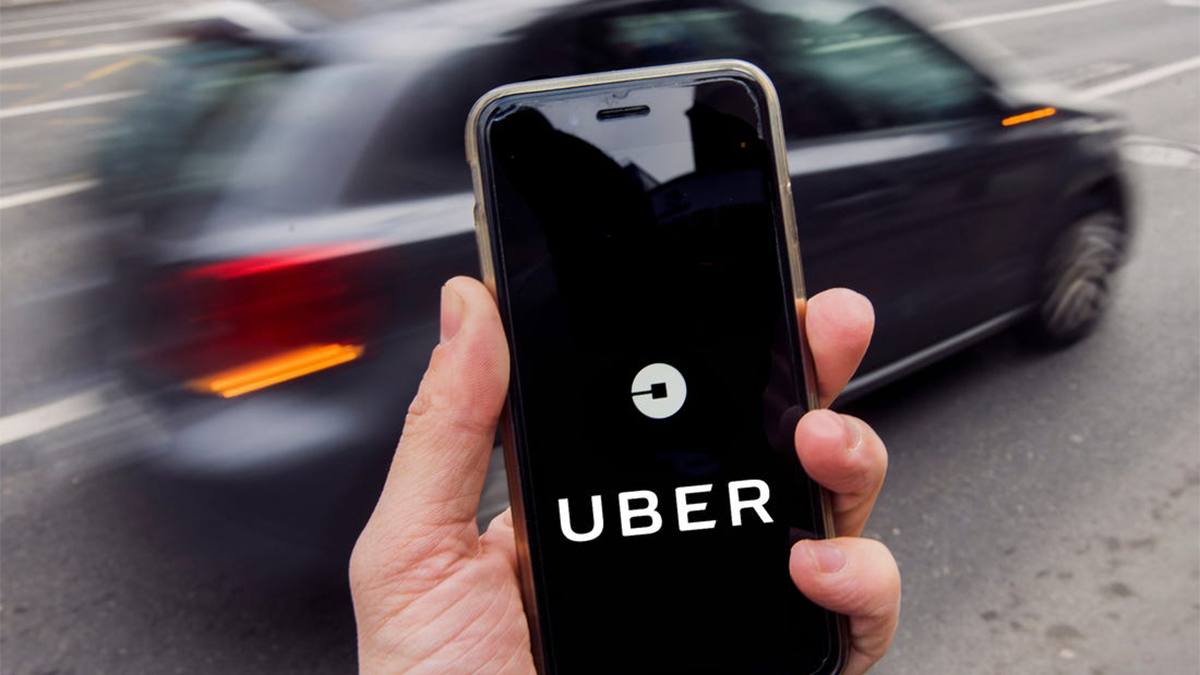United Kingdom’s court has given Uber drivers the recognition of being employees and have revoked their self-employed status

Uber drivers in Britain should be classed as “workers” and not self-employed, the UK Supreme Court ruled Friday, in a decision that threatens the company’s business model and holds broader implications for the so-called gig economy.
Today the Supreme Court ruled that Uber drivers should be classed as workers.
This ruling means drivers are entitled to the minimum wage, paid holidays & union representation.
Let's now end the hyper-exploitation of gig economy workers & guarantee good pay & rights for all.
— Zarah Sultana MP (@zarahsultana) February 19, 2021
The ruling paves the way for Uber drivers to get benefits such as paid holidays and the minimum wage, handing a defeat to the ride-hailing giant in the culmination of a long-running legal battle.
The Supreme Court’s seven judges unanimously rejected Uber’s appeal against an employment tribunal ruling, which had found that two Uber drivers were “workers” under British law.
Yaseen Aslam and James Farrar, the two drivers, cheered the outcome.
“This ruling will fundamentally re-order the gig economy and bring an end to rife exploitation of workers by means of algorithmic and contract trickery,” Farrar said by email, reports Hindustan Times.
The pair took Uber to the tribunal in 2016, which ruled in their favour. The decision was upheld in two rounds of appeals before it arrived at the Supreme Court.
Uber, which has 65,000 active drivers in the UK, had argued that Aslam and Farrar were independent contractors.
The company said it respected the court’s decision, which it argued focused on a small number of drivers who used the Uber app in 2016.


